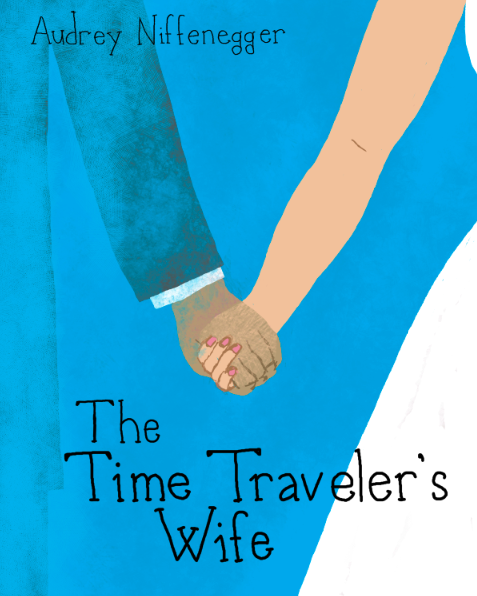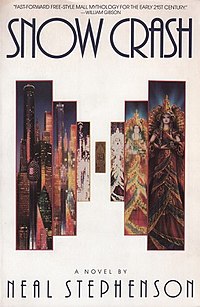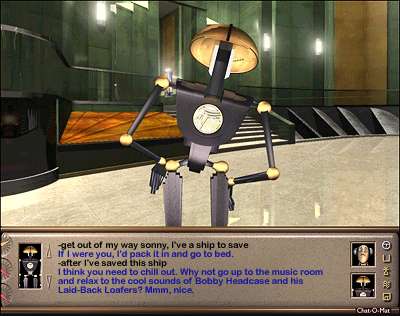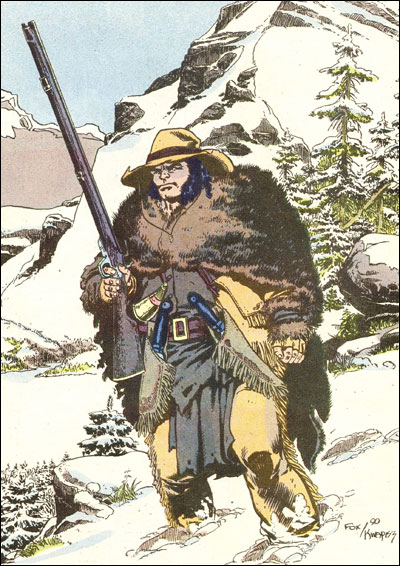The eponymous Time Traveler is afflicted by practically the same thing as Billy Pilgrim of Slaughterhouse-Five. Basically, Henry (for that is his name) uncontrollably time travels to semi-random times and places. After spending anywhere from a couple of hours to a couple of days in the past (or future) he then returns to roughly around the same time and place he left. To delve too much into the details of this would be to spoil some of the best parts of the book. I will say this: Niffenegger's focus on characters and their personal struggles gives her perspective of time travel I hadn't seen before. She obviously put a lot of thought into what it would mean for a person to pop up randomly in a different time, rather than glossing over the inherent life challenges this sort of thing would pose. We are used to seeing time travel used as a jumping off point for adventure or mind-bending explorations of the nature of reality. In The Time Traveler's Wife being "unstuck in time" is used more as an affliction than anything else. Indeed, in the weaker second half of the book, one could substitute time travel for epileptic seizures or some other chronic disease and it would essentially be the same story.
Which is kind of my problem with The Time Traveler's Wife. It takes an interesting but ultimately narrow view of time travel. By the second half of the book the author has basically said everything she wanted to about it. From around that halfway point the focus of the story is really on domestic drama (meeting the parents, planning the wedding, moving into a new house, trying to make a baby, etc.). The philosophical implications of time loops and destiny are basically forgotten about. The clever twistyness of temporal clones is generally ignored.
The strength of the writing remains consistent throughout. But there is a heavy handedness to all the characters that you notice more once the science part of the fiction begins to drop away. The biography of the romance and life of Claire (the wife) and Henry is solid, but... not much happens? Artificial conflict is sometimes generated, but for the most part the two of them have a fairly normal life together. Just two intellectual hipsters in Chicago, doing the best they can. I couldn't help but feel a little underwhelmed. The uptick in time shenanigans towards the end reignited my interest. And also proves that the narrative isn't strong enough without its central conceit.
At it's best, The Time Traveler's Wife manages to combine modern Lit and science fiction into a compelling package. But sometimes the mixture doesn't quite hold together. The end result is, technically, a mediocre book. But it's a mediocre book that does things I've never seen done before, which makes me feel more generous towards The Time Traveler's Wife. I recommend it, with the caveat that the mundanity of central romance may not be what Sci-fi readers are looking for. 3 out of 4 temporal clones created!

















